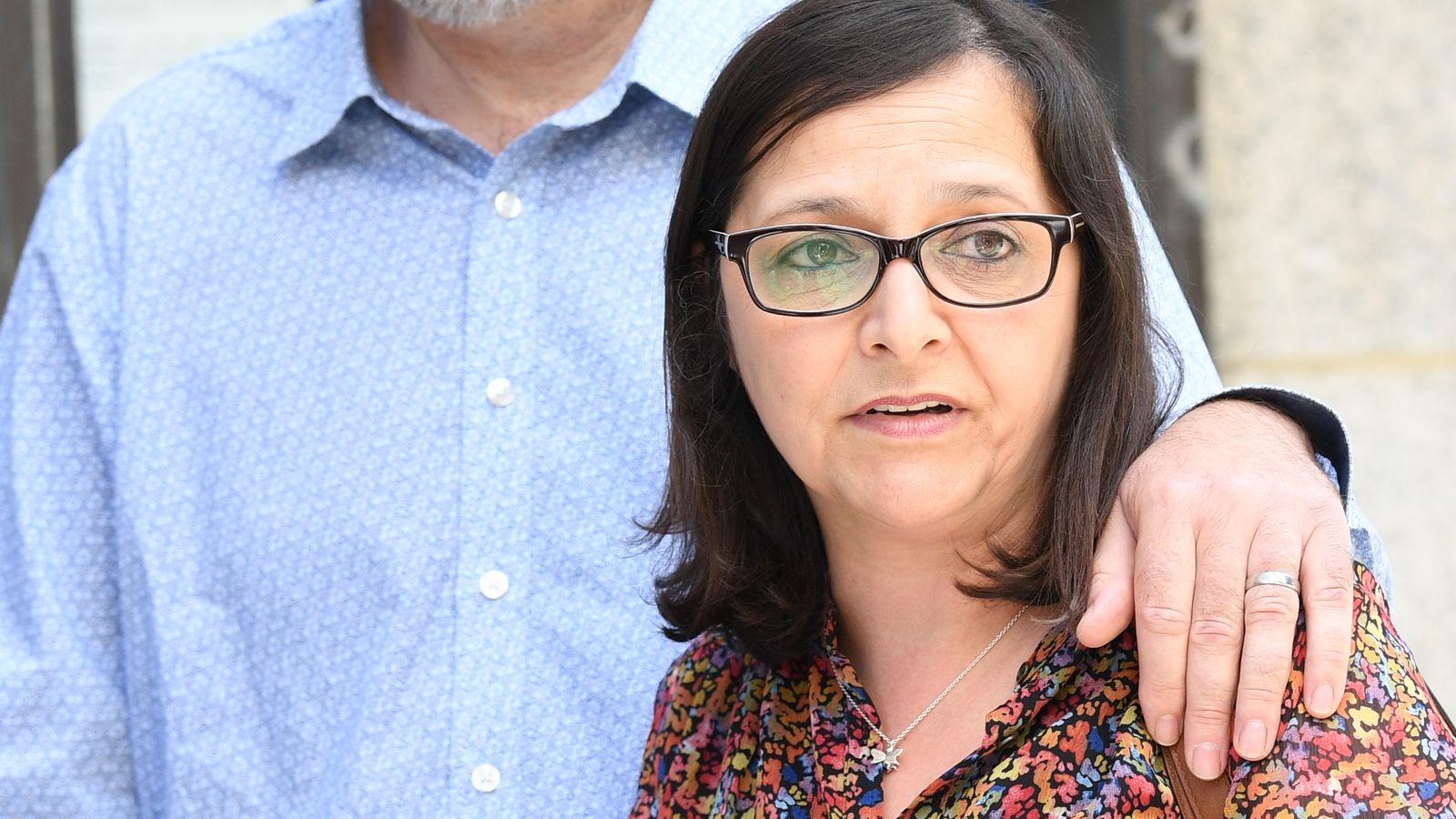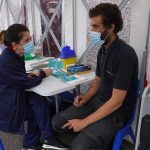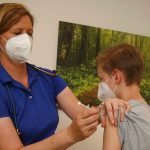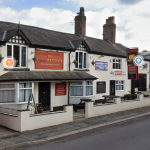The mother of one of the victims of the Manchester Arena bombing has made a plea for “stop the bleed” kits to be made available to the public, saying they could be the difference between “life or death”, in the event of an attack.
The Manchester Arena Inquiry has heard that the first ten minutes after an attack can be crucial in stopping an individual “bleeding out.”
However, experts have said it is “entirely reasonable” that the ambulance service may take up to half an hour to arrive, because they rely on teams with special protective gear to enter the scene of an explosion or shooting.
At the Manchester Arena bombing they did not arrive for 44 minutes during which time the seriously injured and dying were tended to by police and first aiders.
Figen Murray, whose son – Martyn Hett – died in the attack, said that members of the public or private security personnel were likely to be first on the scene before any of the emergency responders arrived from police, fire or ambulance.
The attack highlighted the need for life-saving “control the bleed” kits, also known as “emergency trauma packs” to stop catastrophic bleeding, she said.
“Application in the first few minutes to a casualty with a significant bleed can literally mean life or death for that person,” Mrs Murray said in a statement to the inquiry.
Armed police arrest Afghan special forces commando at Manchester hotel, Sky News learns
Bugzy Malone: Rapper punched two men outside his house in ‘self-defence’, court hears
New chief of crisis-hit Greater Manchester Police pledges ‘dialled-up muscularity’ in tackling crime
“We know that time is critical for those casualties to prevent them bleeding to death before emergency responders arrive.”
Emergency services are likely to be “hampered by the declaration of zones slowing the movement of emergency responders into areas where casualties lie injured or bleeding”, Mrs Murray said.
The kits differ from usual first aid kits for scrapes and cuts in that they included tourniquets and haemostatic dressings to deal with severe injuries of the kind casualties might suffer from stabbings and gunshots.
She said there was a “strong case” for such kits to be as readily available as defibrillators, and said there were seven such pieces of equipment in her small Cheshire village.
“Pubs, clubs and restaurants, including their kitchens, sports centres, schools, arenas, industrial companies where machinery is used, the list is endless,” she said.
“Deaths through bleeding out or catastrophic bleeding could be significantly reduced if kits were available in as many venues as possible.
“I personally carry one in the back of my car. It gives me reassurance that if I was, for instance, to be involved in a serious road traffic incident, that I have the kit available and I, or someone else, could use it.”
Please use Chrome browser for a more accessible video player
John Cooper QC, for Mrs Murray, asked an expert instructed by the inquiry: “Do you wholeheartedly [support] what she says?”
Christian Cooper, the head of operations for the National Ambulance Resilience Unit, told the inquiry: “I do endorse it and support the content, I can’t take issue with any of the principles articulated or the intent” although there may be practical implications on their wider use.
Christian Cooper said there was enough information in the kits, which he had examined for the first time earlier in the day, to allow “a complete novice” to put on a tourniquet.
Mike Herriot, associate director of the Scottish Ambulance Service, thanked Mrs Murray for “introducing this initiative to us”.
Mrs Murray’s lawyer said using the kits could be taught in schools and younger people brought into using them.
'Risk averse' fire service commanders failed to send rescuers to scene for more than two hours, inquiry hears
Christian Cooper said there had been a “therapeutic vacuum” and while members of the public “did a commendable and brave job in trying to assist, they were hampered in terms of the kit available to them”.
The inquiry continues.






















